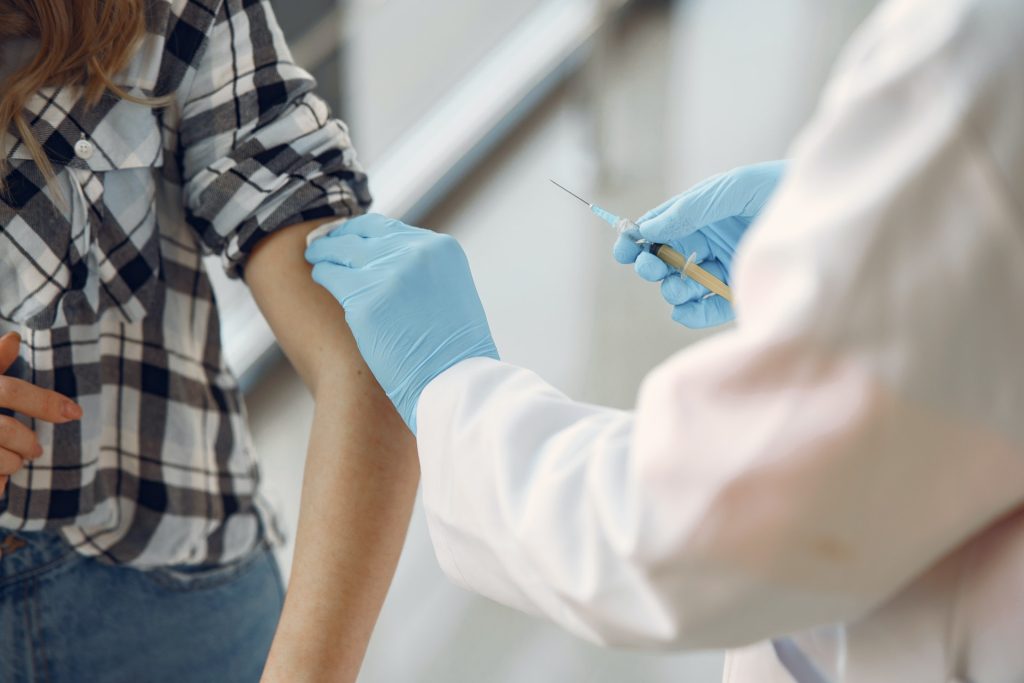A new X-Ray tool called the Compact Cell-Imaging Device (CoCID) will seek to answer the questions of how viruses penetrate cells, and disrupt and subvert cellular processes to produce more virus copies.
In order to advance research into viral diseases, the aim of the project is to develop a particularly suitable cell-imaging method – which has so far been of limited access to researchers – for extensive application in medical research.
A particularly high-performance method of cell-imaging is soft X-ray microscopy (SXM), explained Dr Venera Weinhardt from the Centre for Organismal Studies of Heidelberg University. A physicist specialising in innovative X-ray procedures, she is head of the Molecular Virology division at the Department of Infectious Diseases of Heidelberg University Hospital. “SXM makes use of the special properties of the soft X-ray spectrum in order to look into the interior of a single intact cell and generate three-dimensional images of its whole internal structure. That also reveals the changes induced by viral infections,” explained Dr Weinhardt.
Thus, soft X-ray microscopy is distinct from methods like electron microscopy, which can visualise individual parts of a cell but not the whole interior.
Professor Ralf Bartenschlager, a Molecular Virologist at the Ruprecht-Karls-Universität Heidelberg commented, “As a virologist working on how SARS-CoV-2 interacts with and alters its host cell, we will greatly benefit from the development of a soft X-ray microscope that allows us to gain unprecedented insights into this intimate interaction. We have previously used several imaging technologies to address the question of host cell reprogramming by viruses, but each technique has its limitations.”
Since the illumination required for this type of microscopy comes from huge particle accelerators called synchrotrons, currently SXM can only be performed at five research stations in the entire world. The main feature of CoCID therefore lies in further developing a miniaturised soft X-ray approach which has been patented by SiriusXT, a spin-out company from University College Dublin. The breakthrough technology will reduce the size of the X-ray source from a football-field sized synchrotron, instead using a laser-produced plasma (LPP) device that can fit on a bench.
“The SXM microscope developed by SiriusXT performs just as well but is many times smaller, less expensive, and still very fast.” said Dr Weinhardt.
Heidelberg researchers are particularly interested in the potential of the new technology in researching SARS-CoV-2. Prof Bartenschlager’s working group is mainly concerned with how the virus reprograms its host cells. He said that SXM images created under the leadership of Dr Weinhardt at Lawrence Berkeley National Laboratory in California are already promising in this respect.
Three-dimensional images of cells infected with SARS-CoV-2 were generated thanks to a cooperation agreement with the European Molecular Biology Laboratory (EMBL) in Heidelberg.
“Through working with these images we have a pretty good idea of what factors play a role with imaging in connection with the virus-infected cells and we can pass these findings on to the CoCID consortium. As soon as the soft X-ray prototype from Dublin is up and running we will also deliver samples of infected cells, enable a direct comparison with available images and provide support in interpreting data,” said Prof Bartenschlager.
According to the Heidelberg researchers, a soft X-ray microscopy available for daily use should have distinct advantages over current techniques, such as being much faster. Prof Bartenschlager said: “We can’t afford long waits or a time-intensive method when it comes to novel viruses such as SARS-CoV-2, which we learn something new about and which changes on a daily basis.”
Source: News-Medical.Net



